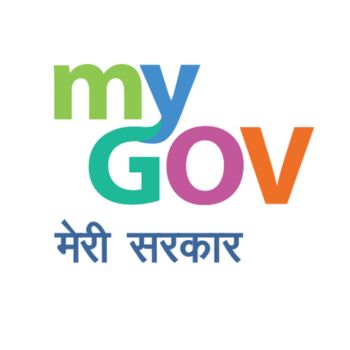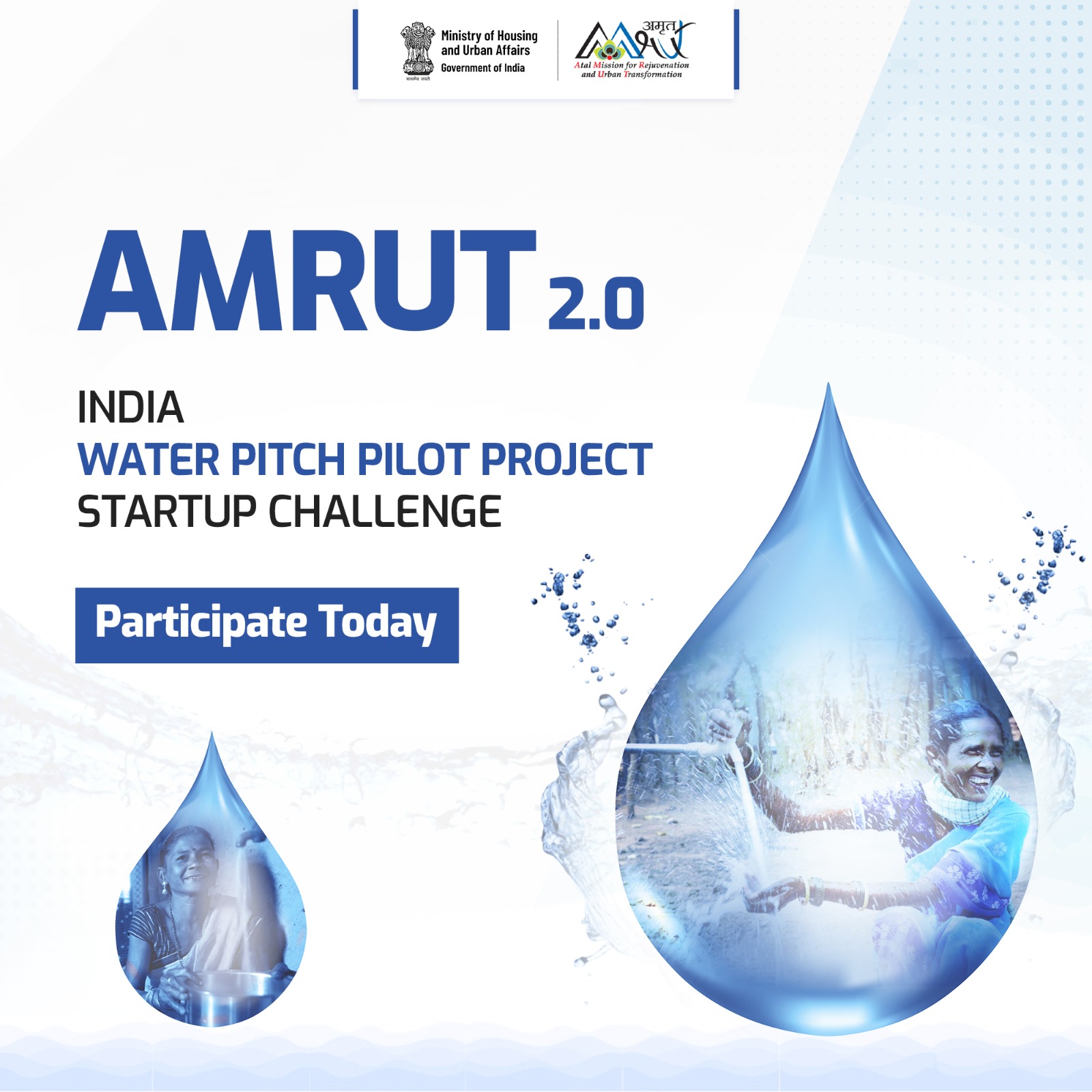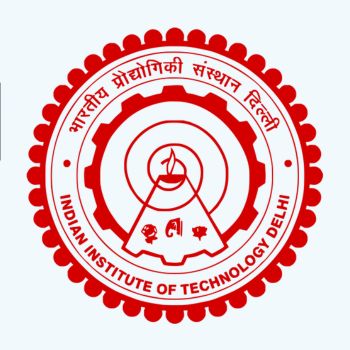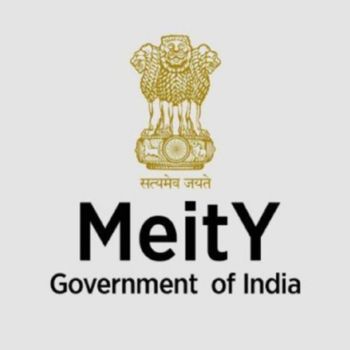Effective Project and Portfolio Management (PPM) is crucial for organizations to achieve their goals and maintain strategic alignment. Check the details below!
Envisioning the arena of project and portfolio management (PPM) as an epic narrative can indeed be compelling. Here–one ascends to a role akin to that of a strategic maestro, orchestrating a multitude of projects with a finesse that rivals that of a seasoned circus performer. However, in this sophisticated realm, it is spreadsheets and Gantt charts that are adeptly manipulated rather than incandescent juggling pins.

Such a portrayal does not overstate the case; indeed, it serves to underline the intellectual stimulation and satisfaction derived from a career in PPM. It’s a multifaceted profession that marries analytical prowess with the thrill of constant evolution and challenge—a truly remarkable way to engage with the world of business. So, let’s take a deep dive into the most happening parts of the PPM career scene and why they’re the talk of the town.
Agile and Flexible Methodologies: The New Cool Kids on the Block
Let’s talk shop about the whole agile scene in project and portfolio management. It’s no longer cool just to dream up big plans; what’s really turning heads is how you make those dreams do their thing when the rubber hits the road. Agile is not just a buzz; it’s your trusty Swiss Army knife in a world where change is the only sure bet. These agile methods? They’re all about keeping you on your toes, so you’re ready to bounce back no matter what curveball the business world throws at you. Think of agile as the ace up your sleeve that lets you shift gears like a pro when it comes to strategy execution. For the folks leading these projects, it’s like being asked to dance a tango–you’ve got to be quick, coordinated, and two steps ahead if you’re going to nail it.
Data-Driven Decision-Making: Calling the Shots
When it comes to data in the PPM world–it’s like everyone suddenly found their new best friend. We’re not just collecting it for kicks; we’re using it to see through the noise and get the real scoop on our projects. Making choices based on hard facts? That’s the new handshake in the deal-making room. Forget about guessing games; having data on your side is like having a secret decoder ring that spells out your next move.
Soft Skills and Emotional Intelligence: Not Just Fluff
Why are soft skills and emotional intelligence the secret sauce in project and portfolio management? It’s simple: we’re not robots. No matter how advanced our technology gets, at the end of the day, projects are driven by people. Soft skills such as communication, collaboration, and empathy are critical because they enable project managers to connect with their teams, stakeholders, and clients on a human level. In a high-stress field where the technicalities can be mind-bending, the ability to maintain a calm demeanour, provide clear direction, and motivate a diverse team is what differentiates a project manager from a project leader.
Emotional intelligence is the compass that navigates the complex interpersonal dynamics of a project–which as you may know from experience–helps collaborations soar and conflicts defuse. It’s about creating an environment where the team doesn’t just survive but thrives, fostering innovation and ensuring the kind of synergy that no amount of artificial intelligence can replicate. Ultimately, projects don’t just need managers–they need champions of people.
Sustainability and Social Responsibility: The Big Picture
Now, why should sustainability and social responsibility be more than just buzzwords in the PPM lexicon? In an era where the court of public opinion can make or break companies overnight, it’s not enough to just deliver projects on time and within budget. The modern project manager must also be a steward of the environment and an ambassador for ethical practice. Why does this matter?–because the future is watching.
The stakeholders of today are increasingly concerned with the triple bottom line: people, planet, and profit. They are scrutinizing projects not just for their immediate returns but for their long-term impact on society and the environment. Incorporating sustainable practices and ethical considerations into project management ensures that a company doesn’t just grow; it grows responsibly. Plus–fostering a reputation as a socially responsible leader can propel a business into the realm of industry vanguards who are revered not just for their products and services but also for their values and integrity.
Whether you’re the agile aficionado, the data diva, the soft skills superstar, or the sustainability sage–there’s a place for you in the PPM Hall of Fame. And it’s not just because these things are hip and happening–they’re the meat and potatoes of what’s driving businesses forward. So, if you’re thinking of jumping on this roller coaster, strap in because it’s a wild ride, but oh so worth it. Keep your eye on these trends, and you’ll be the MVP of the PPM league in no time. And hey, it might seem like a lot to juggle, but that’s what makes it an adventure–right?
Happy Reading!
For more updates like this, stay connected with cse.noticebard.com!











